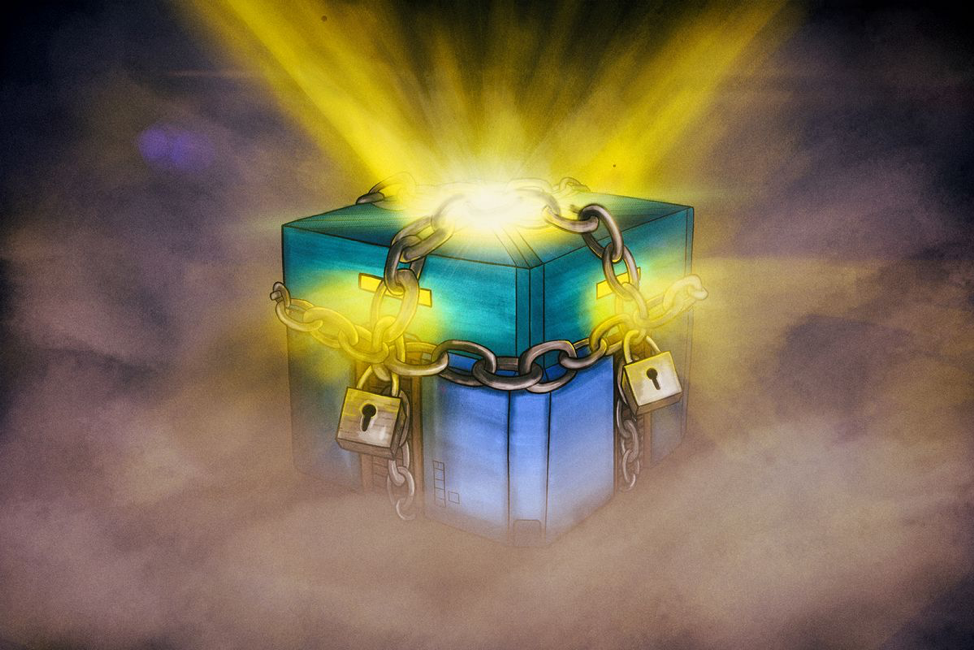
(Source) “Life is a marathon, but minority runners often start the race from further back than do whites.” Do you agree or disagree with this quote? How about in the context of higher education? It is no secret that increasing diversity in higher education is a goal for many educational institutions. Affirmative action is

(Source) Since the late 1950’s the National Labor Relations Act has not seen any significant changes, allowing laws that were meant to govern a very different time period to remain as the bedrock of collective bargaining. Today, unionization rates demonstrate the challenges that unions are facing, with only 10.5% of the American workforce being

(Source) As the unionization rate in America continues to decline, union leadership has been searching for new industries, groups, and workplaces in which they might have success with unionization campaigns. One sector of employees that unions have been exploring is graduate students. While the National Labor Relations Board (“NLRB”) has swapped positions on allowing

(Source) On Tuesday, October 29, the governing board of the National Collegiate Athletic Association (NCAA) voted unanimously to begin the process of “modernizing” their bylaws to allow student-athletes the opportunity to benefit monetarily from the use of their name, image, and likeness. The decision comes after years of discussion by NCAA officials and the

(Source) More than 1,300 communities in the US have totally lost local news coverage, according to a University of North Carolina School of Media and Journalism study from late 2018. This nationwide decline in local journalism hit two New York State legislators close to home when Verizon announced that it was closing the doors

(Source) Every year, millions of people presumed innocent are held in prison awaiting trial. For some, this may mean days. For others, years. Khalief Browder, for instance, was a sixteen-year-old held on bail for three years. Two years after his release, he committed suicide. Khalief never stood trial, nor was he ever found guilty

(Source) July marked one full year since net neutrality regulations were repealed. Net neutrality is often defined as “the idea, principle, or requirement that internet service providers should or must treat all internet data as the same regardless of its kind, source, or destination.” Internet service providers (“ISPs”) are companies that provide internet access

(Source) Loot boxes in video games are a controversial topic that has many people split on whether we should consider this in-game feature as a form of gambling. Many regard loot boxes as a “gambling-like” mechanic, which raises the concern of conditioning gamers, specifically underage gamers, to develop a gambling problem. Some video games

(Source) Over the last few decades, union membership has continued to decline within the United States. As of 2018, union membership among all workers in the United States was 10.5%, a far cry from the 34.8% of workers who were represented by unions at their peak in 1954. While places like New York and

(Source) Some services are inherently seen as the responsibility of the government rather than a profit-generating opportunity. When we think of public services, certain stereotypical functions come to mind. National parks, public utilities like water, and local police forces are examples of services that are traditionally “public,” but have been privatized to different extents.